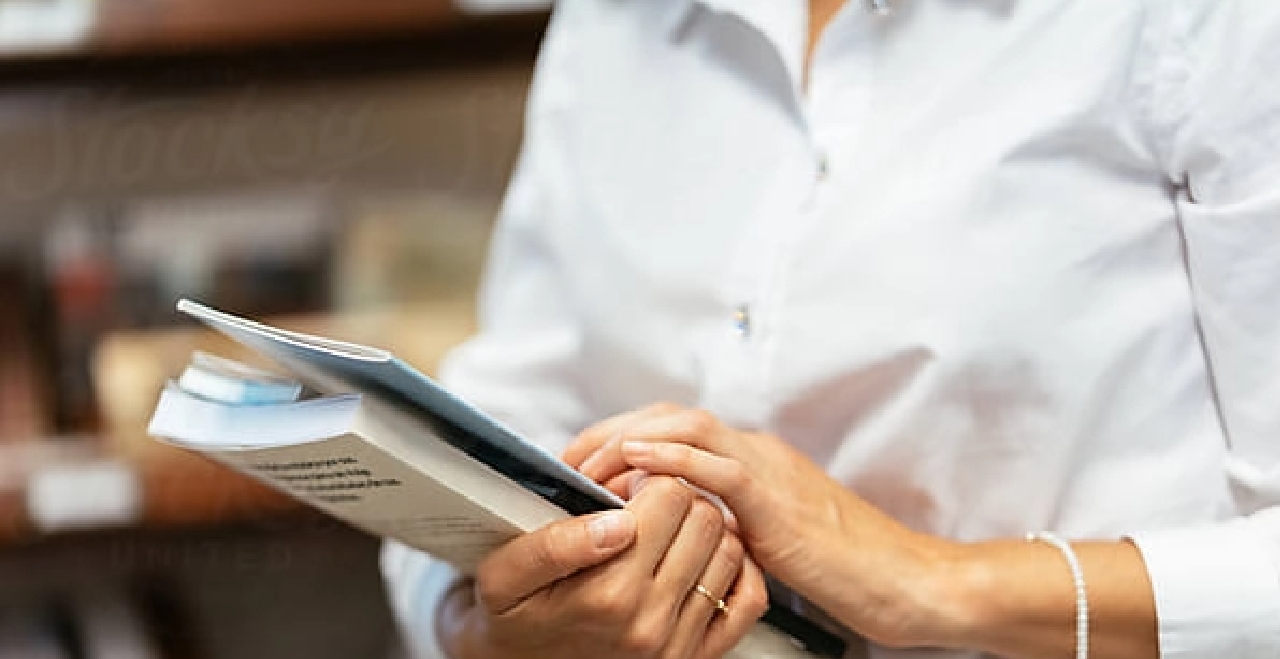- What we do
- Research
Conducting research to help craft compelling and sound zero waste policy
POLICY AND ADVOCACY
Our independent research and analysis leads to evidence-based policy.
We conduct research to identify and document urgent problems of waste reduction, waste management, and product toxicity problems. For example, recently, we assessed the state of composting in Washington, interviewing experts and crunching the numbers. We develop raw research into published informational materials, such as concrete recommendations and maps, therefore giving us tools and evidence to pass strong zero waste policy. This research leads to legislation and informational materials and guides we publish to help policy decision-making process.
INITIATIVES
Our Research Initiatives
All our research initiatives are geared toward making policy designed to make a real impact. Here are some of our past and current research initiatives.
Study Toxic Chemicals in Products
Assess “State Of” for Recycling, Composting, and Waste Management
Determine Impact of our Repair Economy
Conduct Litter Assessments
Want to find out more about our legislative work?
During each legislative session, we work to support strong zero waste policy in partnership with other organizations and agencies. During each session we rely on these partnerships as well as voices of the concerned public who contact their legislators. Check out our legislative work page for up-to-date information on what we’re working on, what we’ve done in the past, and how you can support strong zero waste legislation.
Join our Email List
To stay up-to-date on current legislation, news about Washington State’s zero waste movement, and information on how to get involved in our work, sign up for our email list today.
"*" indicates required fields
Want to get involved? Contact us to find out about engagement opportunities.

